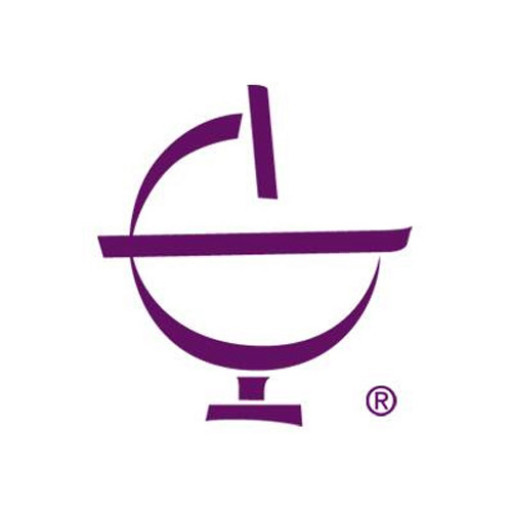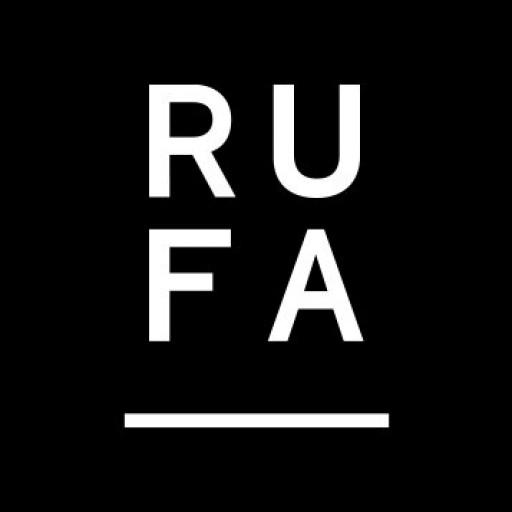Comparative Literature and Film Studies at Queen Mary University of London offers an interdisciplinary and comprehensive exploration of literature and cinema from around the world. This programme is designed to develop students’ critical understanding of the relationships between textual and visual narratives across different cultures and historical periods. Throughout the course, students will engage with a wide range of literary genres, cinematic styles, and theoretical approaches, fostering a deeper appreciation of how stories are told and interpreted in diverse media.
The programme combines rigorous academic training with practical analysis, enabling students to examine films and literary texts through various critical lenses, including cultural studies, film theory, adaptation studies, and literary criticism. Students will explore themes such as identity, representation, politics, and aesthetics, applying their knowledge to analyze contemporary and classical works. The curriculum emphasizes the development of skills in close reading, film analysis, research, and academic writing, preparing students for careers in media, publishing, education, and cultural management.
In addition to core modules, students have the opportunity to study relevant topics such as global narrative traditions, narrative theory, and the impact of digital technology on storytelling. They are encouraged to undertake independent research projects, participate in film screenings, and contribute to collaborative assessments. The programme also benefits from its strategic location in London, providing access to a vibrant cultural scene and numerous archives, cinemas, and museums that enrich the learning experience.
Graduates of this programme will be equipped with critical, analytical, and intercultural skills that are highly valued in various professional sectors. The combination of literature and film studies offers a distinctive perspective on narrative practices and cultural production, fostering a nuanced understanding of how stories shape human experience and societal values. Overall, the programme aims to produce culturally aware, intellectually rigorous graduates prepared to engage with the dynamic world of arts, media, and academia.
You can complete your Comparative Literature and Film Studies degree in three or four years. If you choose to study abroad for a year, this will take place in Year 3, and the Year 3 modules will instead be studied in Year 4.
Year 1
- Approaches and Analysis
- Concepts and History
- Critical Thinking and Writing for Comparative Literature
- Introduction to Comparison
- Introduction to Literature: Texts and Contexts
- The Scene of Learning
- Understanding Culture: An Introduction to Cultural Theory
Year 2
Compulsory
- The Scene of Reading
- What is Cinema? Critical Approaches
Choose six from
- Colonial Literatures, Post-Colonial Perspectives
- Experiments in contemporary Women’s Writing
- Fairy Tales in the Modern World
- Film Curation
- Film, Literature and Adaption
- Homeward Bound: From the Odyssey to O Brother Where Art Thou?
- Introduction to British Cinema
- Literature and Philosophy
- Madness, Past and Present
- Memories of the Holocaust and Colonialism in French Cinema
- Migration through Photography
- Photography and Narrative
- Presentations of London in Modern European Literature and Film
- Scriptwriting: Adaptation and Original Script
- The French New Wave
- Why Belgium? Identities, Cultures, Narratives
Year 3
Compulsory
- The Scene of Writing
Choose seven from
- British Cinema from the 1960s New Wave to the Arrival of Channel 4
- Comparative Literature Research Project
- Comparative Modernisms: the Case of China and India
- Constellations: Online Anthology Group Project
- Contemporary Hollywood Cinema
- Eco-cinemas: Nature, Animals and the Moving Image
- Faust in Legend, Literature and the Arts
- Film and Ethics
- Film Archaeology
- Film Philosophy
- First World War Literatures
- Grand Tours: 19th century Adventure Stories for Young Readers and their 20th century Afterlives
- Lost in Translation?
- New Independent Indian Cinema
- On the Subject of Sex II: Queen to Queer
- Photography: The Self and its Image
- Reading German Film III: Contemporary German Cinema
- The East in the West
General requirements
- A-Level. Grades ABB at A-Level. This must include at least one essay based A-Level in a humanities or social sciences subject. Excludes General Studies.
- IB. International Baccalaureate Diploma with a minimum of 32 points overall, including 6,5,5 from three Higher Level subjects. This must include an essay based humanities or social sciences subject at Higher Level.
- BTEC. See our detailed subject and grade requirements
- Access HE. We consider applications from students with the Access to Higher Education Diploma. The minimum academic requirement is to achieve 60 credits overall, with 45 credits at Level 3, of which 18 credits must be at Distinction and 15 credits at Merit or higher. Applications are considered on a case by case basis. Due to the high volume of applications, we do not make offers of study purely on the basis of meeting grade requirements.
- GCSE. Minimum five GCSE passes including English at grade C or 4.
- EPQ. Alternative offers may be made to applicants taking the Extended Project Qualification.
- Contextualised admissions. We consider every application on its individual merits and will take into consideration your individual educational experiences and context. More information on how academic schools and programmes use this information as part of the admissions process, can be found on our contextualised admissions pages.
Non-UK students
We accept a wide range of European and international qualifications in addition to A-levels, the International Baccalaureate and BTEC qualifications. Please visit International Admissions for full details.
If your qualifications are not accepted for direct entry onto this degree, consider applying for a foundation programme.
English language
Find out more about our English language entry requirements, including the types of test we accept and the scores needed for entry to the programme.
You may also be able to meet the English language requirement for your programme by joining a summer pre-sessional programme before starting your degree.
Want to improve your English level for admission?
Prepare for the program requirements with English Online by the British Council.
- ✔️ Flexible study schedule
- ✔️ Experienced teachers
- ✔️ Certificate upon completion
📘 Recommended for students with an IELTS level of 6.0 or below.
Financial aspects of the Comparative Literature and Film Studies program at Queen Mary University of London typically encompass several key components. Students are expected to consider tuition fees, living expenses, potential funding options, and financial support opportunities available through the university. Tuition fees vary depending on the student's domicile status and whether they are enrolled in an undergraduate or postgraduate program. For international students, tuition fees are usually higher compared to domestic UK students, with postgraduate taught programs generally costing around £17,000 to £20,000 per year. Domestic students benefit from lower fees, which are approximately £9,250 annually for undergraduate courses.
Living expenses in London are an important consideration, including accommodation, food, transportation, books, and personal expenses. The estimated annual living cost for students is around £12,000 to £15,000, though this can vary based on lifestyle and accommodation choices. Queen Mary University offers a range of accommodation options, with costs ranging from approximately £150 to £250 per week, depending on the type and location of the accommodation.
In terms of financial aid, students are encouraged to explore scholarships, bursaries, and grants provided by the university and external organizations. Queen Mary University offers scholarships specifically for international and domestic students, which can significantly reduce financial burden. Additionally, students may consider student loans, part-time work opportunities, and external funding sources such as government financial aid schemes, research grants, or private sponsorships.
International students can also access specific scholarships such as the Queen Mary Global Excellence Scholarships or subject-specific awards that cater to students enrolling in Literature and Film Studies programs. Applicants are advised to apply early and to carefully review the eligibility criteria for each funding opportunity.
Payment plans and tuition fee loans may be available to facilitate manageable financial arrangements across the academic year. It is recommended that prospective students create a comprehensive financial plan before commencing their studies, factoring in tuition, accommodation, and personal expenses. The university's financial aid office provides support and guidance for students seeking information about funding options and managing their finances effectively throughout their course duration.
Careers
Comparative Literature and Film Studies graduates have a broad range of skills that can take them through to successful careers, such as analytical and critical thinking, as well as practical film production.
Some apply their degree knowledge directly, entering careers such as directing, film production and copywriting, whilst others transfer skills gained during study into areas such as public relations.
Recent graduates have been hired by:
- Celebrity Chef Consortium
- Heineken UK
- Lateral Film
- Levay Estate
- Mission PR.
Career support
The School of Languages Linguistics and Film offers a range of career support, including for students interested in working during their year abroad. You’re able to get advice on how to gain work experience in the film industry, attend networking or industry events, apply for internships, volunteer and work part-time.
Our careers team can also offer:
- specialist advice on choosing a career path
- support with finding work experience, internships and graduate jobs
- feedback on CVs, cover letters and application forms
- interview coaching.









